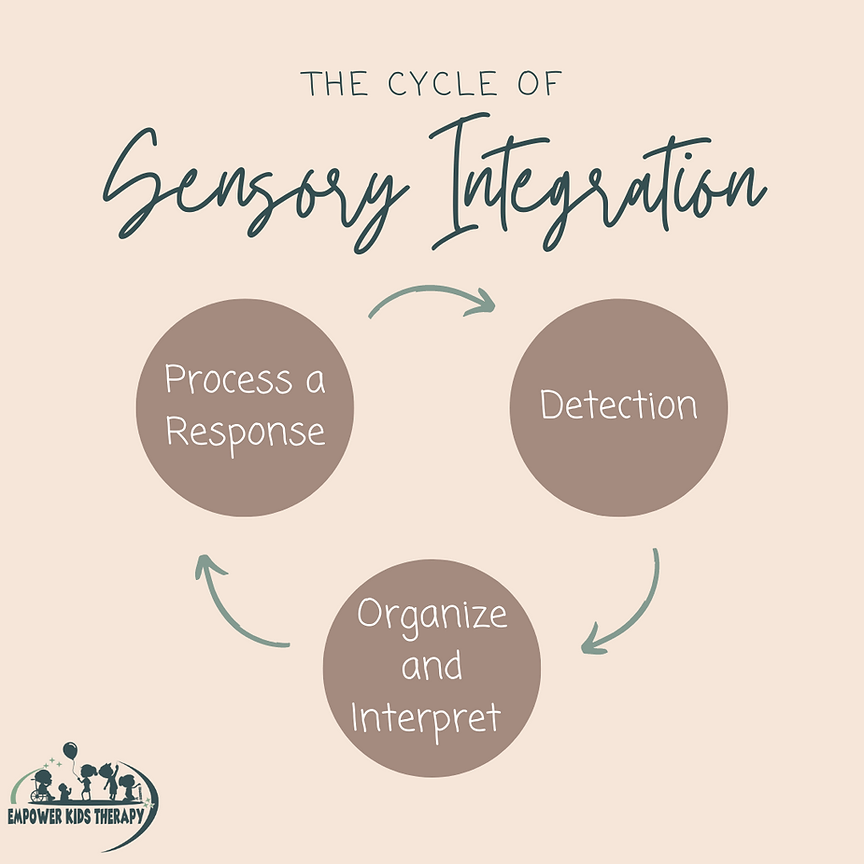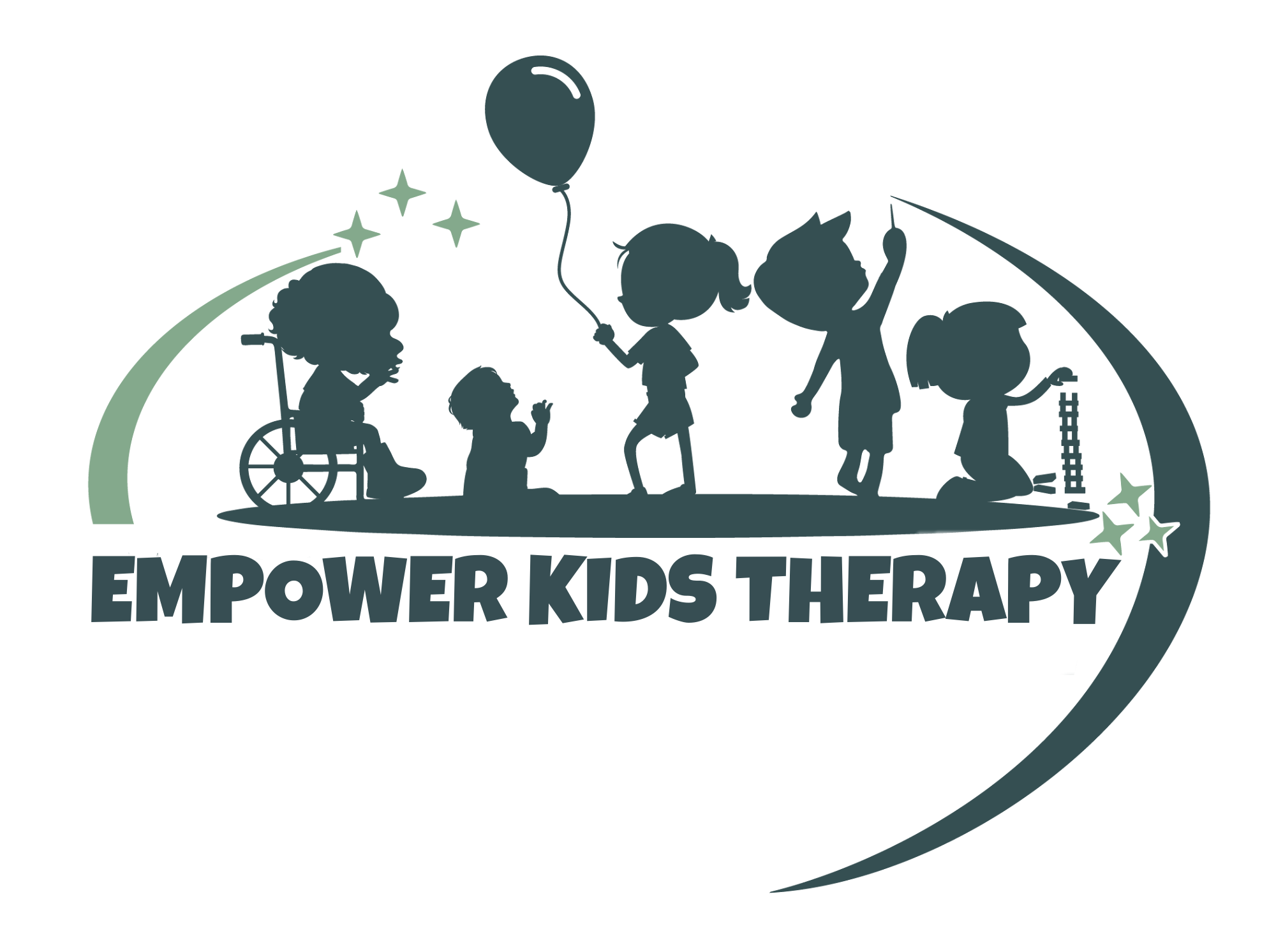Have you heard the phrase “sensory integration” or the word “sensory” thrown around a lot. Do you really understand what it means, or how to address it? No… I’m not just talking about handing your child a fidget toy. Let’s start with the definition.
Sensory Integration: The perceiving, modulating, organizing, and interpretation of sensations to participate in daily life.
This usually occurs automatically and effectively, which is why we take it for granted when it’s working properly.
When a child’s sensory system is well-regulated, they are able to engage in daily tasks involving self-care, physical movements, emotional engagement, and communication. It is easy to picture this child in a classroom. The one who is able to follow the directions of the teacher, complete their work without reminders, and engage with peers effectively.
On the other side, I’m sure we are able to see the child whose sensory system isn’t effectively integrated. This is the child who is constantly moving, unable to maintain attention, have emotional over reactions. This is also the child who has “behaviors” (more on that later).
It’s important to understand HOW sensory integration works to then understand HOW to help.
Let’s use this visual to guide our understanding:

- When the brain processes effectively, first there is the detection of that sensory input.
- That input is then interpreted, organized, and related to previous experiences.
- This allows the person to generate a response.
Still confused? Let’s give an example…
Let’s say you go to this coffee shop. You decide to sit on one of soft couches. A couple people are having conversations next to you. You hear the barista gathering materials. You smell the coffee, and pastries in the air. You hear the traffic, and the dog outside barking at its owner.
Despite ALL this sensory input you are able to focus on reading the immersive book you brought and filter out all the other senses going on around you. Your bodies ability to integrate its senses is working effectively.
Let’s say the next day you woke up with a headache. You take medication and you drink water but nothing helps. This headache now decides to turn into a migraine. Now you can’t focus on your work, your eyes are sensitive to light, your ears are sensitive to even the most simple sound, and your skin cannot tolerate your clothing. Everything bothers you. This is an example of your sensory system not being able to integrate.
Those with sensory integration dysfunction can feel this sensitive to everyday items or events all the time. In the coffee shop, those with sensory integration dysfunction might not be able to sit on the couch because their tactile system doesn’t enjoy the feeling.
Their auditory system might only focus on the loud noise of the steam as the barista makes the coffee. Their nose might only smell the bacon from the pastry which is a smell they don’t like. Imagine how on edge you would feel, just like you felt in the migraine example.
Over the next following weeks we will discussing answers to the following:
- What causes this difference in child development?
- What activities can I do to help my child?
- How can occupational therapist help?
- How can I structure the environment to improve processing for my child?
- And much more!
Follow along with us on Facebook or Instagram as we continue to post visual educational materials there as well through some fun.. and magical lenses.











